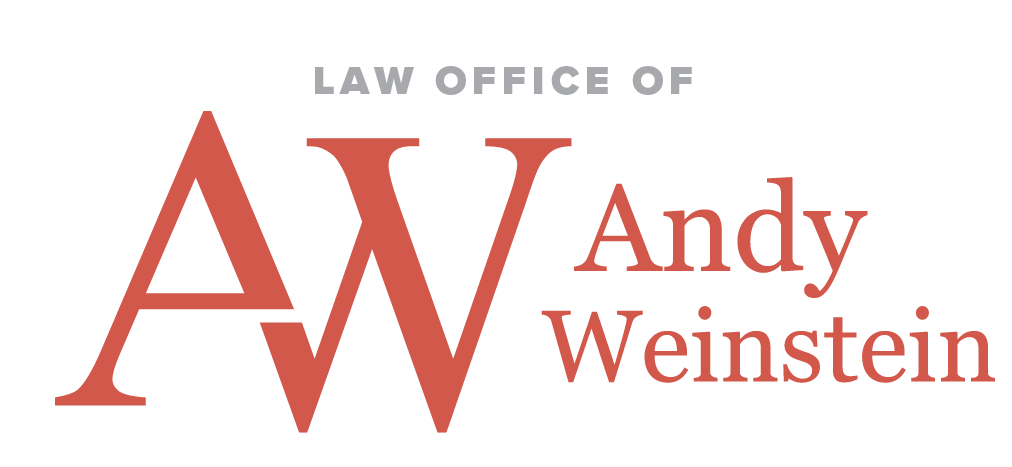New York State has one of the biggest economies in the country, which means that there are also many opportunities for regulatory infractions to occur. The desire to remain competitive and to generate profit can lead to people doing things that are unethical or possibly even illegal.
Some individuals don’t even realize that their choices run afoul of New York state law or federal statutes until investigators come knocking. At that point, they may be in a precarious position where they have to build a defense against allegations that they intentionally violated the law and committed fraud.
Those who know the most common types of fraud that occur in New York will be in a better position to avoid professional habits that could lead to criminal charges. What are some of the most common types of fraud prosecuted in New York?
Fraud related to retail sales
According to the New York Attorney General, retail sales complaints topped the fraud issues brought to the attention of the Attorney General’s office in 2022. With more than 5,000 reported cases of retail fraud, it is one of the most common issues.
Price gouging, illegal secondary charges, and unethical advertising practices are all among the behaviors that could lead to a business owner or manager facing allegations of fraud related to how they conduct their business. Fraud allegations related to the retail sale of motor vehicles are also a noteworthy area of concern.
Healthcare-related fraud
There are several ways in which professionals could commit Healthcare fraud in New York. They might recommend and provide treatment that patients don’t need in order to bill for expensive services. They could bill for appointments that didn’t occur. They might instruct their insurance specialists to unbundle certain services or upcharge by changing the code entered for a service rendered.
These practices may lead to criminal prosecution and allegations of healthcare or insurance fraud against the professionals involved in the incident.
Financial fraud
There are many kinds of financial fraud that may target consumers and could negatively affect employers in New York. Some of the most common types of financial fraud include mortgage fraud, investment fraud, embezzlement, and insurance fraud. Professionals might engage in financial fraud for personal gain or for the benefit of clients, and either scenario could lead to their prosecution.
Recognizing that seemingly clever or tricky plans to generate more profit could lead to fraud charges can help people avoid potentially criminal mistakes in their attempts to make as much money as possible.

